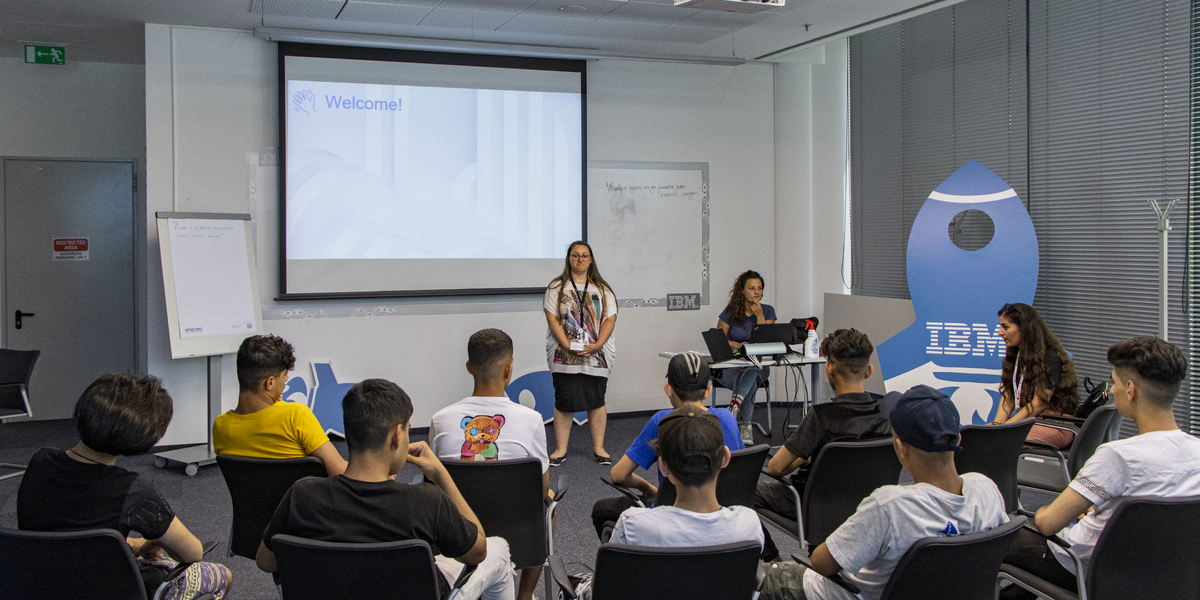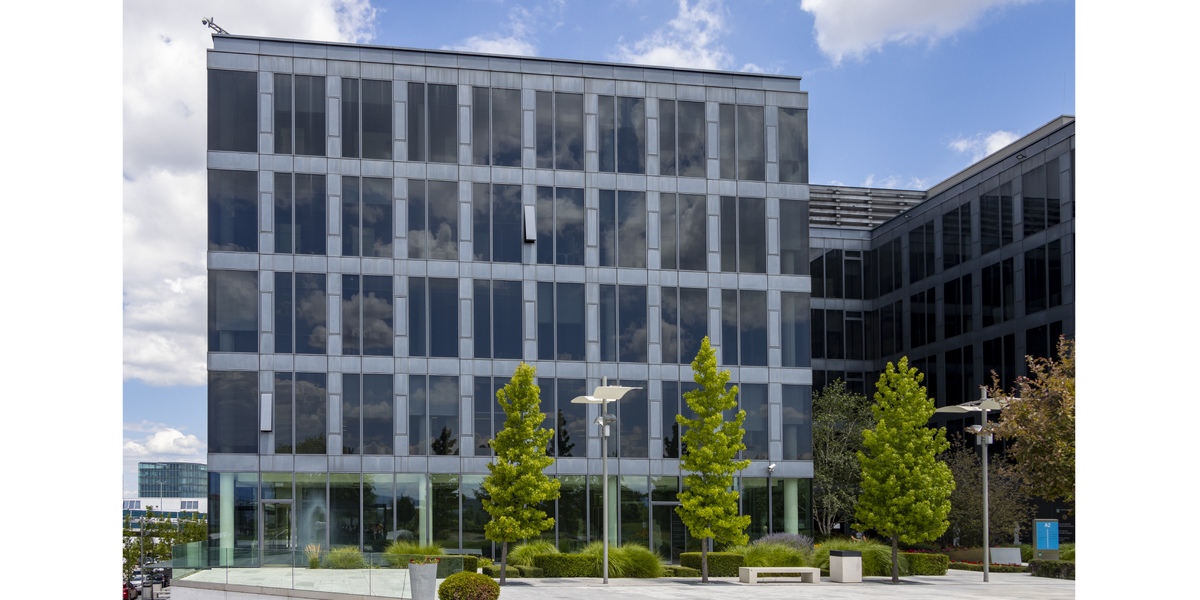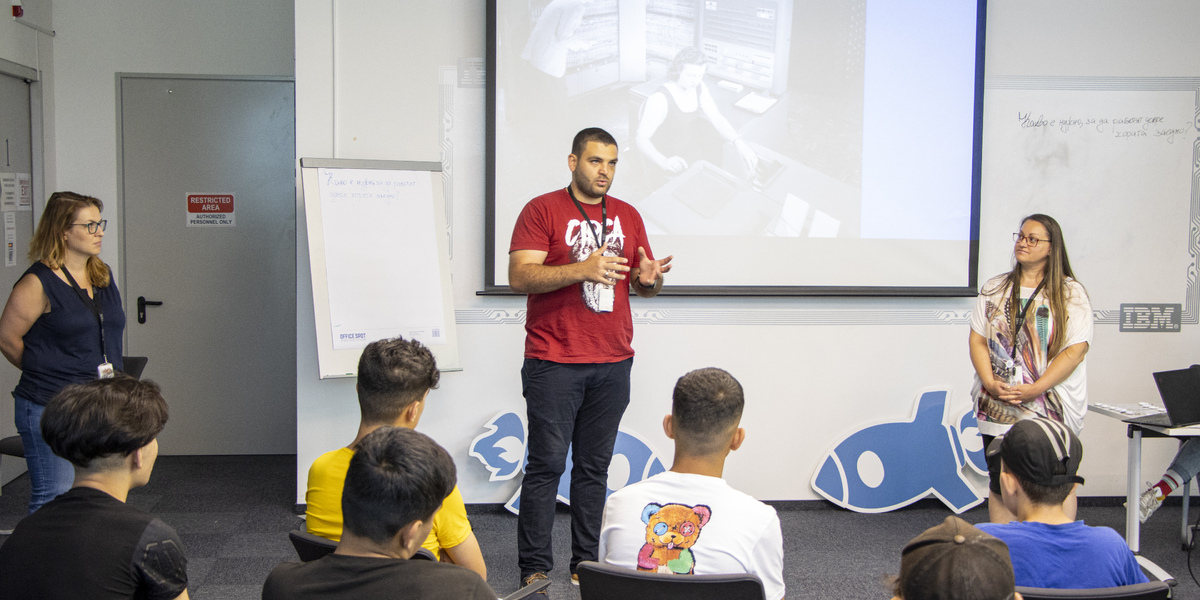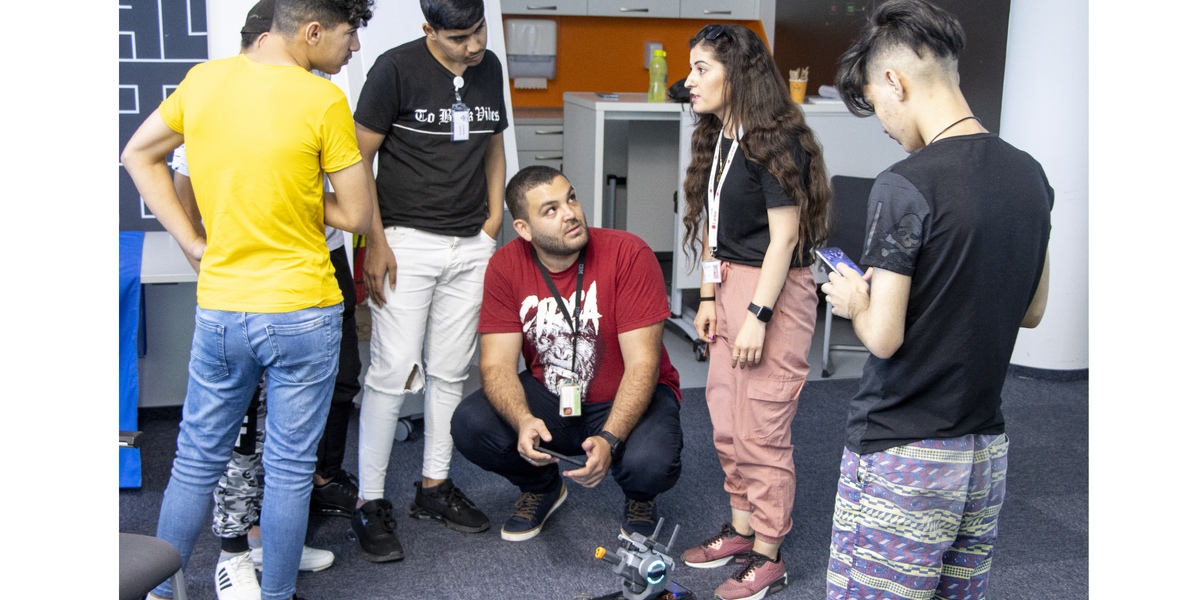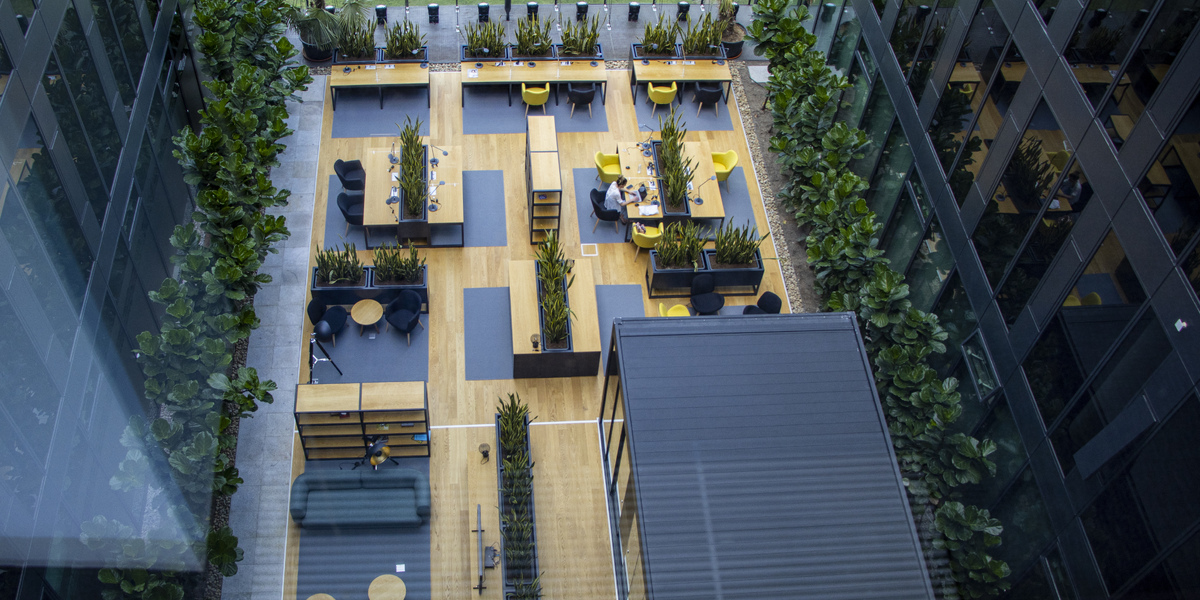12-08-2022 13:53
They are still in their youth – children running from war and army mobilization. Mostly boys who have embarked on the road without their families and knowledge of the local language. They are about to face so many dangers, but that does not stop them. They come mainly from Afghanistan, Syria and Iraq, reach the Bulgarian border through Turkey and request for a refugee status. The children are accommodated in one of the two so-called “Safe Zones” in the districts “Ovcha Kupel” and “Voenna Rampa”, where they have to wait for the necessary administrative procedure. For the first 6 months of 2022, 1 400 children have arrived at the Bulgarian border. What happens next? Nongovernment organisations and volunteers play an important role. Two of the active players – Karitas Sofia and the Council of Women Refugees implement a project “Support for Future”, financed by the Home Affairs Programme of the Norwegian Financial Mechanism. The aim is for 800 children to receive support for a decent and safe life establishing a positive environment for a real childhood full of adventures, games and arts. Education and career orientation also play an important part in the project as they pave the way forward for the children. This happens with the support of private companies committed in social corporate responsibility through motivational meetings and tours at their premises.
Together with a group of nine young people in their 16s, we visit the IBM Office in Sofia. We are welcomed by Maria and Cathy from IBM who take us for a deep dive into the company and its 111-years of history, with more than 300 000 employees in 175 countries. We learn about the many career opportunities in IBM available for people with diverse background with a joint basic requirement - a fluent English. This is where the young visitors learn a valuable lesson: “It is important to have goals, to study and make a step by step towards achieving them.” Cathy tells us more about the newcomer training for all employees adding that it would be great to meet again the guests during their interview process in IBM, when the time comes. Despite the language barrier, we manage to hear from our teenagers with the help of the translation, provided by Karitas. Everyone is invited to give a short presentation about him/herself. We learn that most of the young refugees are fans of football, but also dream to become doctors, bakers, and drivers. Despite their tough fate, the children have not given up their dreams. We get inspirational words from three of the Managers at IBM – “Not being afraid means you already have a super power and we are all super heroes here. Don’t let fear mess up with your dreams,” says Martin Konakchiyski. His colleague Zaki Abdulrahim has a father from Palestine. He chats for a while with the youngsters in Arab, which attracts their immediate full attention. He follows that with a demonstration of a programmable robot that everyone can try to get in the shoes of a programmer.
The guests go on a tour through the working spaces of the company and are aqucainted with the daily routine of a worker. Mohamed, Nasar, Asad and their friends get small goodbye presents to remind them about the visit, as well as many wishes for success on the road ahead. For all of us who accompany them during the visit it is quite obviou the amount of enthusiasm on their way out of the IBM building with inspiration from the hospitality, good examples and inspiration we all got.
Although the visit is over, but for the children the summer is still ahead. Karitas and the Council of Women Refugees have planned many interesting and educational activities, made possible through the project. Workshops, museum visits, meetings with volunteers, horse riding, visits at the swimming pool, etc. All of this with the wish that one day the children will be together with their families and will know that the world is not just a refugee camp and they still have the chance to become someone.




